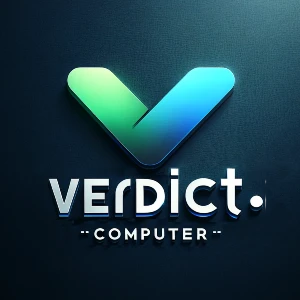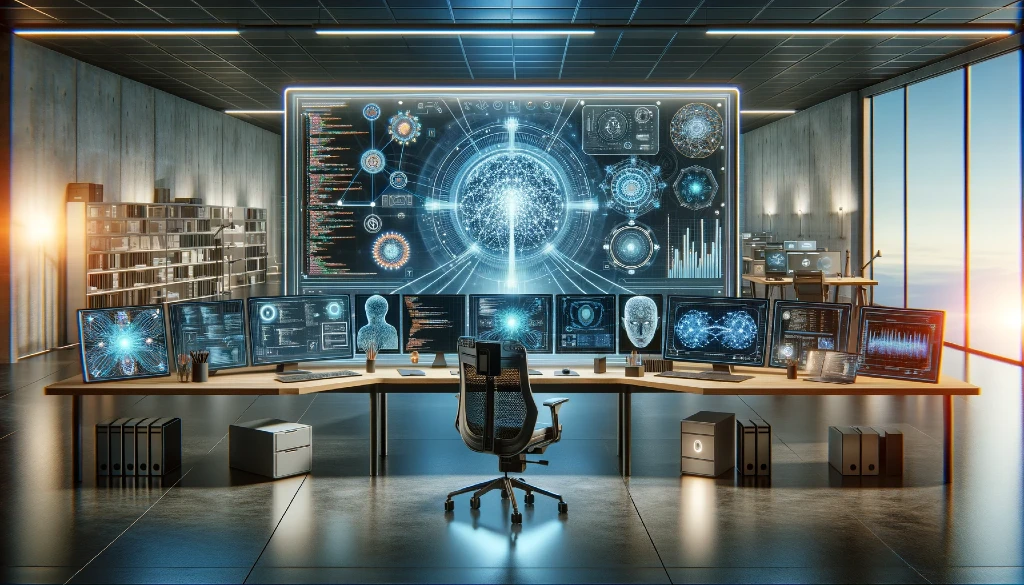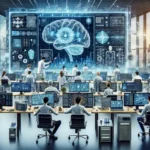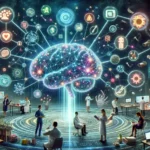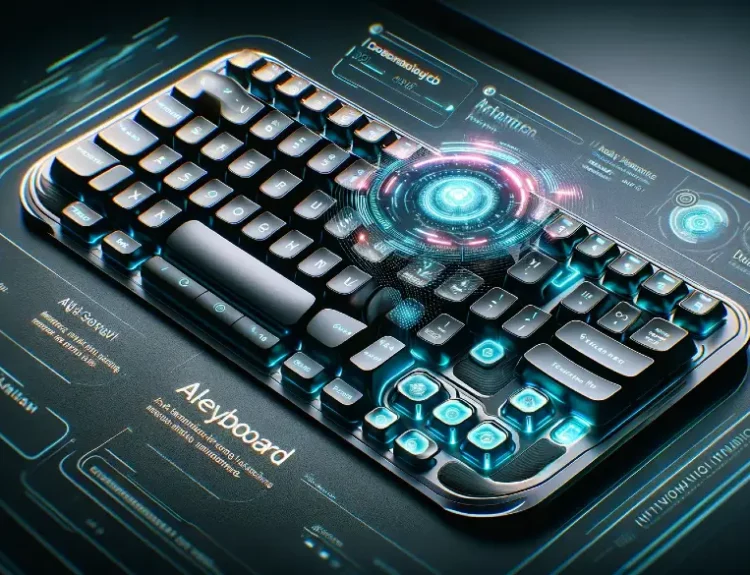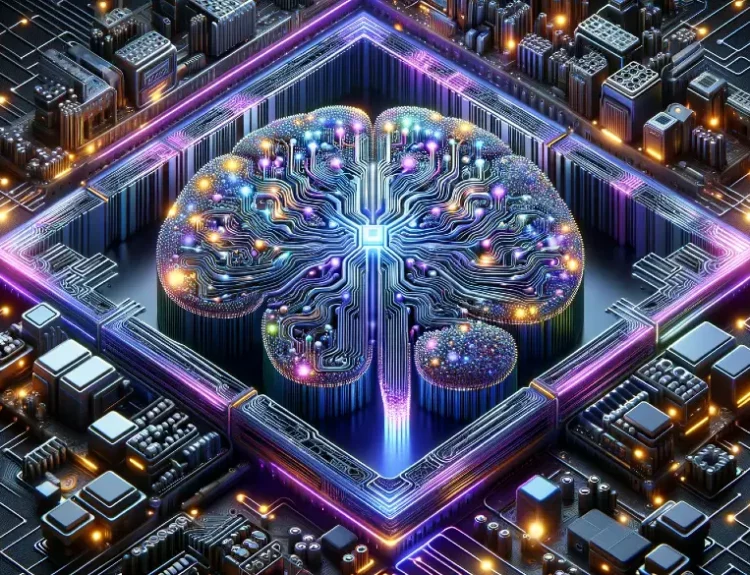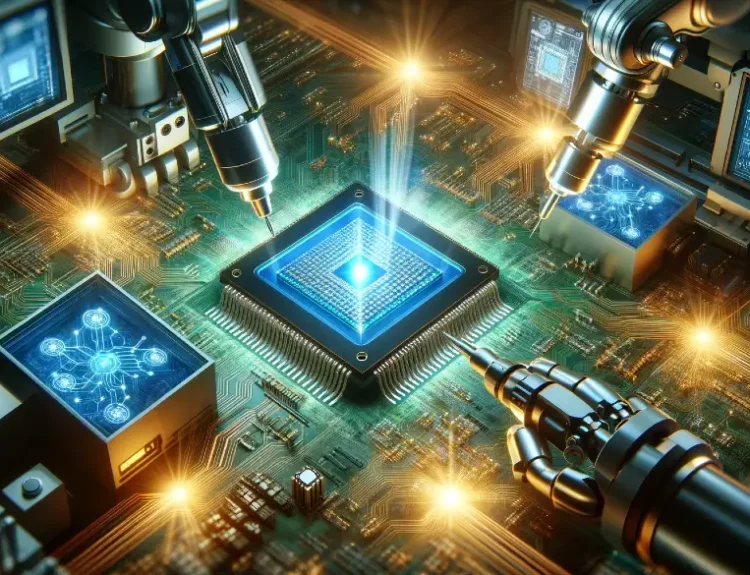Introduction
Imagine unleashing the full potential of artificial intelligence (AI) right at your fingertips. Picture yourself crafting algorithms that decipher complex patterns, predict future outcomes, and revolutionize industries. In a world where AI programming holds the key to unlocking boundless innovation, choosing the right computer becomes paramount.
Welcome to “Choosing the Best Computer for AI Programming: A Comprehensive Guide,” where we embark on a journey to demystify the intricacies of AI development and equip you with the knowledge to select the perfect computing companion for your AI endeavors.
From understanding the fundamental requirements of AI programming to exploring cutting-edge technologies and future trends, join us as we navigate the ever-evolving landscape of AI computing. Strap in, dear reader, for an exploration that promises to elevate your AI programming experience to new heights.
AI Programming and Computer Requirements
Before delving into the realm of selecting the best computer for AI programming, it’s crucial to grasp the intricacies of AI development and the specific computing requirements it entails. AI programming, at its core, involves the creation and training of algorithms that enable machines to perform tasks traditionally requiring human intelligence.
These tasks range from image recognition and natural language processing to autonomous decision-making and predictive analysis. As AI algorithms become more complex and datasets grow in size, the computational demands placed on the underlying hardware intensify.
This necessitates careful consideration of various computer specifications to ensure optimal performance and efficiency throughout the AI development lifecycle. In the following sections, we’ll delve deeper into the key considerations for selecting the best computer for AI programming, from processors and memory to graphics processing units (GPUs) and storage solutions. By understanding these foundational principles, you’ll be better equipped to navigate the myriad options available and make informed decisions tailored to your specific AI programming needs.
Key Considerations for Choosing the Best Computer
When embarking on the journey of selecting the ideal computer for AI programming, several key considerations come into play. Each component of the computer contributes to its overall performance and suitability for handling the computational demands of AI development. Here are the essential factors to keep in mind:
A. Processor (CPU): The central processing unit (CPU) serves as the brain of the computer, responsible for executing instructions and performing calculations. When selecting a computer for AI programming, opt for a CPU with high clock speeds and multiple cores. This allows for efficient parallel processing, essential for running AI algorithms and handling complex computations.
B. Memory (RAM): Random access memory (RAM) plays a crucial role in AI programming, as it determines the computer’s ability to handle large datasets and process complex algorithms. Choose a computer with ample RAM capacity to ensure smooth performance and minimize latency during AI development tasks.
C. Graphics Processing Unit (GPU): The GPU plays a significant role in accelerating AI tasks such as training neural networks and processing large datasets. Look for computers equipped with powerful GPUs optimized for AI workloads, such as NVIDIA’s GeForce or Quadro series. GPUs with dedicated AI processing units, such as NVIDIA’s Tensor Cores, can further enhance performance and efficiency.
D. Storage: Fast and reliable storage is essential for AI programming, as it directly impacts data access speeds and overall system performance. Opt for computers with solid-state drives (SSDs) instead of traditional hard disk drives (HDDs) for faster read/write speeds and improved responsiveness. Consider the storage capacity required for storing datasets, models, and software libraries used in AI development.
E. Connectivity and Expansion: Consider the connectivity options and expansion capabilities of the computer, as they influence its versatility and compatibility with external devices and peripherals. Look for computers with ample USB ports, Thunderbolt connectivity, and expansion slots for adding additional components such as GPUs or storage drives.
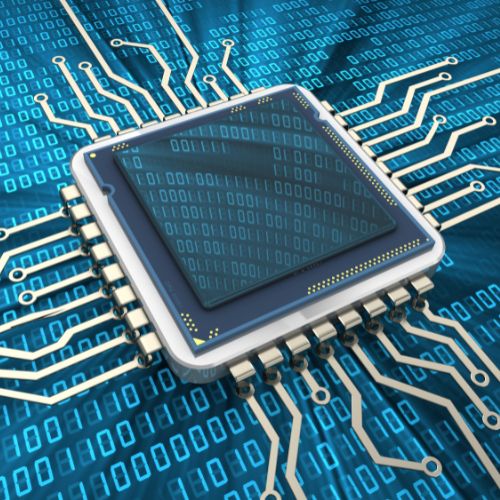
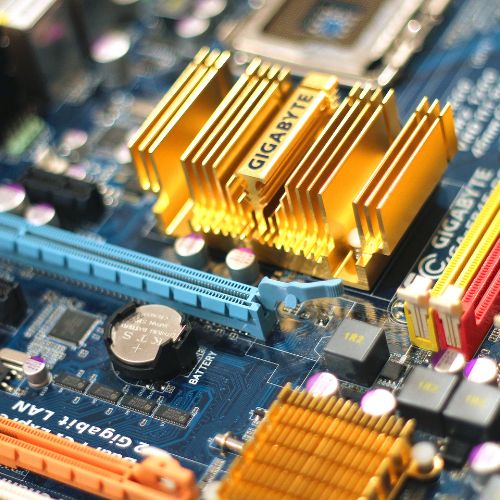
By carefully evaluating these key considerations, you can choose a computer that meets the specific requirements of AI programming and maximizes your productivity and efficiency throughout the development process. Whether you’re building neural networks, training machine learning models, or experimenting with AI algorithms, selecting the right computer is essential for unlocking the full potential of your AI endeavors.
Top Picks: Best Computers for AI Programming
When it comes to AI programming, having the right computer can make all the difference in terms of performance, efficiency, and productivity. Here are some top picks for computers tailored to AI programming:
A. High-End Workstations: High-performance workstations designed specifically for AI programming offer unmatched processing power and scalability. Look for workstations equipped with multi-core processors, ample RAM, powerful GPUs with dedicated AI processing units, and fast SSD storage. Brands such as iMac, Dell, HP, and Lenovo offer workstation models optimized for AI development tasks.
B. Gaming Laptops: Gaming laptops are another excellent option for AI programming, thanks to their powerful processors and high-performance GPUs. Look for gaming laptops with Intel Core i7 or AMD Ryzen processors, NVIDIA GeForce or RTX GPUs, and fast SSD storage. Gaming laptops offer the advantage of portability, allowing you to work on AI projects from anywhere. Brands such as ASUS ROG, MSI, and Alienware offer gaming laptops suitable for AI programming tasks.
C. Custom-Built PCs: Building a custom PC tailored to your specific AI programming needs offers the flexibility to choose components that best suit your requirements and budget. Opt for high-performance components such as Intel Core i9 or AMD Ryzen Threadripper processors, NVIDIA GeForce RTX or Quadro GPUs, ample RAM, and fast SSD storage. Custom-built PCs allow for personalized configurations and upgrades, ensuring that your computer can keep up with the demands of AI programming.
D. Cloud-Based Solutions: Cloud computing platforms and services offer a convenient and scalable solution for AI programming, allowing you to access powerful computing resources on-demand. Providers such as Amazon Web Services (AWS), Microsoft Azure, and Google Cloud Platform (GCP) offer a wide range of AI and machine learning services, including pre-configured virtual machines with GPU support, AI development frameworks, and managed services for training and deploying machine learning models.
Ultimately, the best computer for AI programming depends on your specific requirements, budget, and preferences. Whether you opt for a high-end workstation, a gaming laptop, a custom-built PC, or a cloud-based solution, choosing a computer with the right specifications and capabilities is essential for maximizing your productivity and efficiency in AI development. Consider factors such as processing power, memory, GPU performance, storage, and connectivity options when selecting the best computer for your AI programming needs.
Future Trends
As AI continues to evolve at a rapid pace, so too does the landscape of AI computing. Looking ahead, several key trends and advancements are poised to shape the future of AI development and computing infrastructure:
A. Edge AI: Edge computing, which involves processing data closer to the source of generation, is gaining traction in the field of AI. Edge AI enables devices such as smartphones, IoT devices, and autonomous vehicles to perform AI tasks locally, without relying on cloud-based services. This trend is driven by the need for real-time inference and reduced latency, making edge AI an increasingly important aspect of AI computing.
B. Quantum Computing: Quantum computing holds the potential to revolutionize AI computing by enabling calculations that are currently infeasible with classical computers. Quantum algorithms have the potential to solve complex AI tasks such as optimization, simulation, and machine learning at unprecedented speeds. While quantum computing is still in its infancy, ongoing research and development efforts are paving the way for its integration into AI computing workflows in the future.
C. Neuromorphic Computing: Inspired by the structure and function of the human brain, neuromorphic computing aims to design hardware architectures that mimic neural networks’ parallelism and efficiency. Neuromorphic chips, also known as “brain-inspired” chips, promise to accelerate AI tasks while consuming less power compared to traditional CPUs and GPUs. As neuromorphic computing continues to mature, it could unlock new possibilities for AI computing in domains such as pattern recognition, sensor data processing, and cognitive computing.
D. Federated Learning: Federated learning is a decentralized approach to AI training, where models are trained across multiple devices or edge nodes without centralizing data on a single server. This approach addresses privacy concerns associated with centralized data processing while enabling collaborative model training across distributed environments. Federated learning has the potential to democratize AI development and enable new applications in sectors such as healthcare, finance, and smart cities.
E. Explainable AI (XAI): As AI systems become increasingly complex and pervasive, there is a growing demand for transparency and interpretability in AI decision-making. Explainable AI (XAI) aims to make AI models and algorithms more transparent and understandable to humans by providing insights into their decision-making processes. XAI techniques such as attention mechanisms, feature attribution, and model visualization are poised to play a crucial role in enhancing trust and accountability in AI systems.
Overall, the future of AI computing is characterized by innovation, collaboration, and interdisciplinary research. By staying informed about emerging trends and advancements in AI computing, developers and researchers can harness the full potential of AI to address complex challenges and drive transformative change across industries.
Conclusion
As we journey through the ever-evolving landscape of AI programming and computing, it’s clear that the future holds immense promise and potential. With advancements in hardware technology, software frameworks, and AI algorithms, the possibilities for innovation are limitless. From high-performance workstations to cloud-based solutions, the options for AI programming computers continue to expand, offering developers unprecedented flexibility and scalability.
However, amidst the excitement of future advancements, it’s crucial to remember the human element that underpins AI programming. While computers provide the computational power necessary for AI development, it is human creativity, ingenuity, and expertise that drive progress in the field. As we navigate the complexities of AI programming, it’s essential to remain mindful of the ethical, social, and philosophical implications of our work, ensuring that AI technology is developed and deployed responsibly for the benefit of society.
At Verdict, we understand the importance of responsible AI development and the role that collaboration and community play in shaping the future of technology. Our platform is dedicated to empowering developers, researchers, and enthusiasts alike to explore the possibilities of AI programming and computing, while fostering an environment of inclusivity, transparency, and innovation.
Whether you’re a seasoned AI programmer or just starting your journey, Verdict offers a wealth of resources, tools, and support to help you succeed. Join us as we continue to push the boundaries of AI programming and computing, shaping a future where human and machine intelligence converge to create a world that is smarter, more connected, and more equitable for all. Together, we can unlock the full potential of AI technology and pave the way for a brighter tomorrow.
